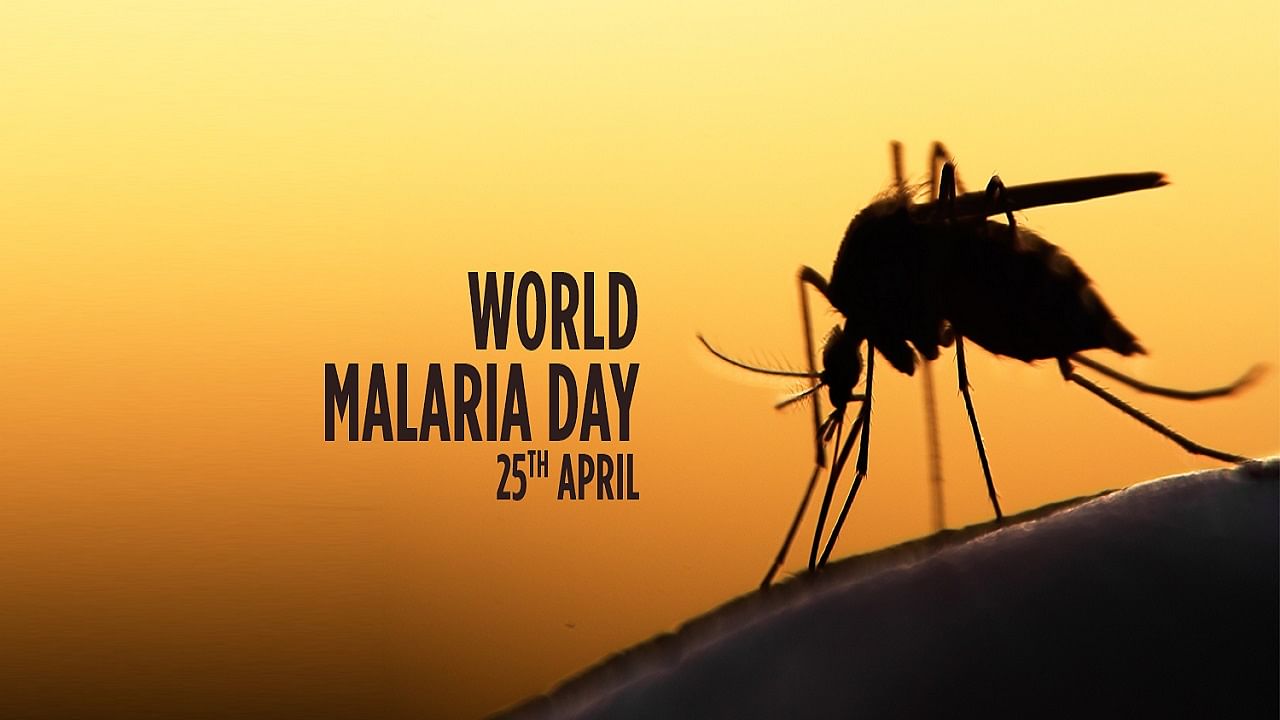
Every year on April 25, World Malaria Day is commemorated to increase public awareness of the effects of malaria worldwide and to support initiatives aimed at halting its spread. This day was established by the World Health Organization (WHO) in 2007 to commemorate the approval of the Global Technical Strategy for Malaria 2016–2030.
The parasite Plasmodium causes the potentially fatal disease malaria, which is spread by mosquitoes that have been infected with it. The WHO estimates that malaria caused 229 million cases and 409,000 deaths globally in 2019, with the majority of cases and fatalities taking place in sub-Saharan Africa.
World Malaria Day's origins can be traced back to the 2000 African Summit on Roll Back Malaria in Abuja, Nigeria. By 2010, the summit planned to cut the prevalence of malaria in Africa in half. Malaria still poses a serious threat to worldwide public health, despite gradual progress.
The Global Technical Strategy for Malaria 2016–2030, which was introduced by the WHO in response, aims to reduce malaria infections and fatalities by 90% by 2030.
World Malaria Day was established by the WHO in 2007 to promote global awareness of the significance of this strategy and to inspire action.
The importance of World Malaria Day resides in its capacity to mobilize efforts to combat and stop the spread of malaria as well as to raise awareness of the disease's global effects. It serves as a reminder that, despite recent advancements, malaria continues to pose a serious threat to global public health, particularly in sub-Saharan Africa.
Various events and activities, including health campaigns, educational initiatives, and community outreach, are planned on this day to increase public awareness of malaria and its prevention. In order to defeat malaria and reach the WHO's target of a malaria-free world by 2030, several activities are essential.
It serves as a reminder that despite advancements, malaria still poses a serious public health problem in many parts of the world and that more work must be done to eradicate the disease.
















